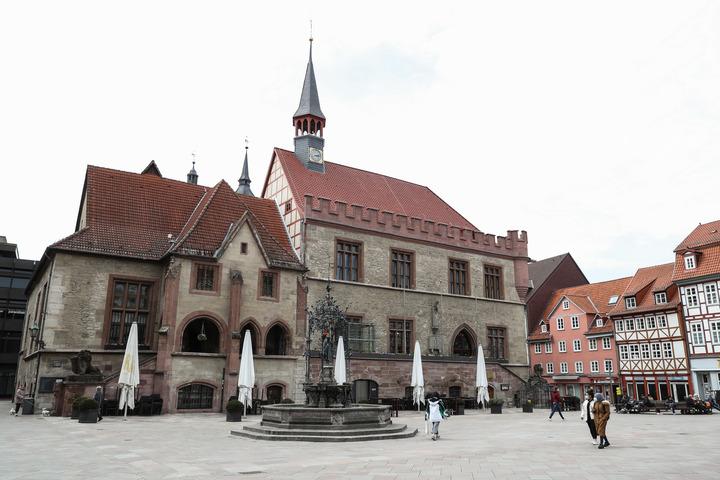In the international race for the technology of the future, the German government is to provide a total of 2 billion euros for the development of quantum computers.
The goal is to build a competitive quantum computer in Germany within the next five years and to create an associated ecosystem with potential users, Federal Research Minister Anja Karliczek said in Berlin on Tuesday. "Today we are launching the 'Made in Germany' quantum computer mission."
So far, no quantum computer has been built in Germany entirely without technology from abroad. However, the German mid-sized companies Trumpf and Sick are considered leaders in technological expertise when it comes to quantum optical sensors.
Quantum technologies are one of the crucial key technologies of the future, Karliczek said. "They will allow us to make our communications absolutely secure, to make leaps in medical technology through highly sensitive sensors, and to use quantum computing to tackle previously unsolvable problems in logistics and materials research."
With the concept of quantum computers, research and industry are responding to the fact that the standard development of high-performance computers to date has reached its physical limits. A quantum computer does not store information in the form of bits, which can only assume two possible states, one or zero. Instead, a qubit of a quantum computer can be both at the same time, one and zero. The quantum particle holds both states until you look at it or measure it. This means that quantum computers can theoretically be many times faster and more powerful than conventional computers.
To achieve the program's goal, the Research Ministry is initially funding the construction of "demonstration quantum computers." These computers are to have 24 fully functional qubits. Within five years, a competitive German quantum computer should be equipped with at least 100 individually controllable qubits - scalable to at least 500 qubits. The current largest quantum computers are a 65-qubit computer from IBM and a 54-qubit system from Google.
The German Aerospace Center (DLR) will receive the bulk of the funding, 740 million euros, being provided by the Federal Ministry of Economics and Technology. With partners from industry, SMEs, start-ups, and research institutes, the DLR is to set up two consortia to develop a German quantum computer and the corresponding software and applications.

Notice: No person, organization and/or company shall disseminate or broadcast the above article on Xinhua Silk Road website without prior permission by Xinhua Silk Road.




 A single purchase
A single purchase









